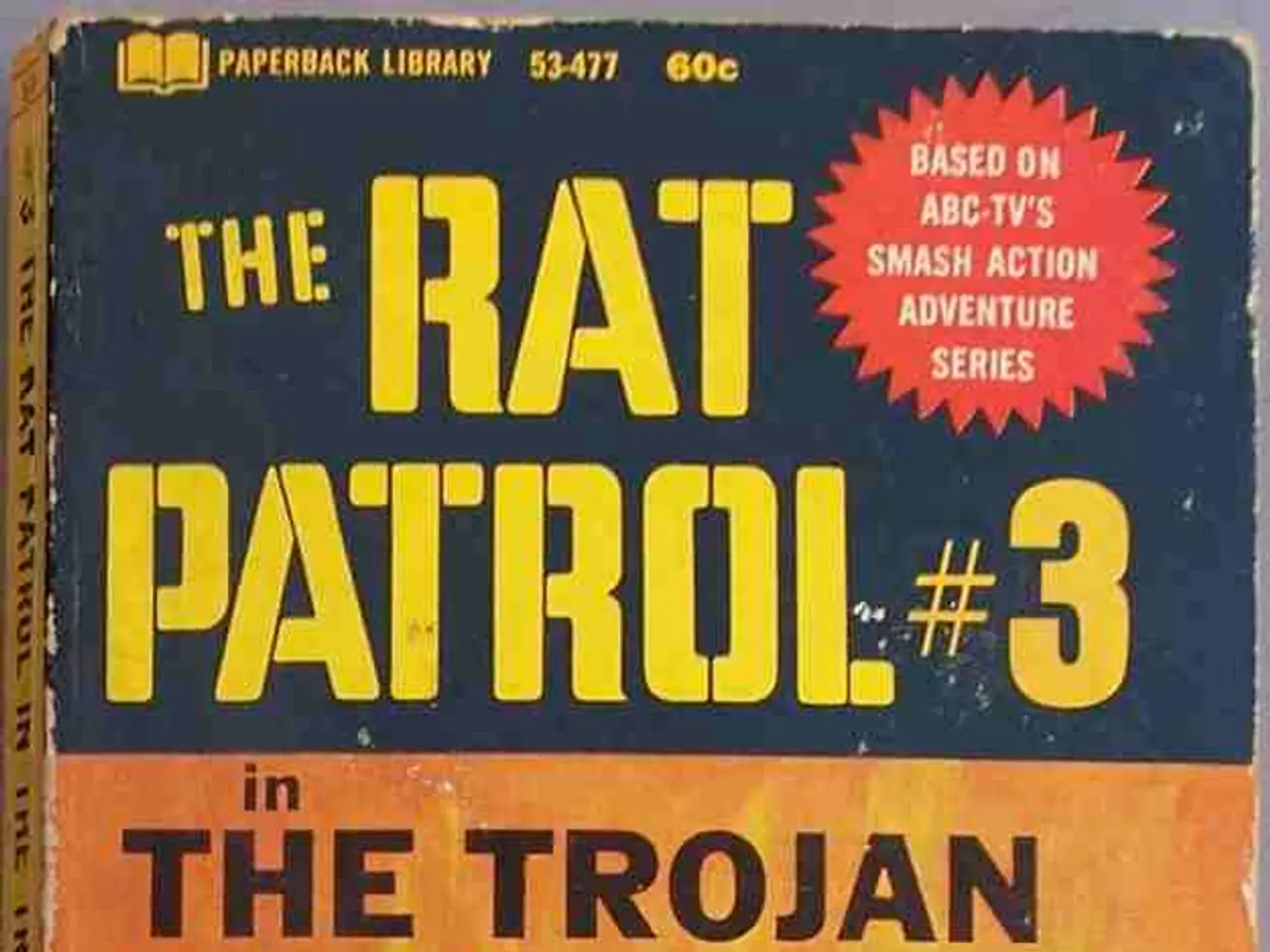United States Council Advocates: No Compromises with Putin Recommended
The ongoing conflict in Ukraine, now entering its fourth year, poses significant challenges to global stability and international relations. The West's strategy should aim to stop Russia, not negotiate its victory, as a successful Russian outcome could have far-reaching consequences.
NATO-Russia relations have already reached their lowest point since the end of the Cold War, with Russia's war in Ukraine causing a deep rift. The NATO-Russia Council has been effectively defunct since 2022, and NATO has declared Russia a direct threat to Euro-Atlantic security. Continued Russian aggression could perpetuate an atmosphere of distrust, leading NATO to intensify its military support for Ukraine while also increasing defensive postures in Eastern Europe. This raises risks of a prolonged confrontation and ongoing hybrid warfare tactics by Russia against NATO member states.
The conflict in Ukraine also heightens the risk of nuclear escalation. Russia, with about 2,000 nuclear warheads, has placed its nuclear forces on heightened alert amid the war. The increased nuclear alert status raises fears that the conflict could escalate into nuclear use, undermining decades of arms control agreements and non-proliferation efforts. Tactical nuclear weapons stationed by the U.S. and NATO allies in Europe alongside Russia’s nuclear arsenal contribute to a volatile security environment reminiscent of Cold War-era confrontations.
On a global scale, the ongoing conflict and Russia’s refusal to pursue peace until military defeat not only exacerbate regional instability in Europe but also stress international diplomatic efforts. The war has caused extensive infrastructure damage, sustained human suffering, and economic disruptions. Protracted fighting fosters global uncertainty, disrupts energy markets, and forces large-scale defense spending increases, which may fuel an arms race. Moreover, Russia’s aggressive stance contributes to a polarized international order marked by geopolitical rivalries, weakening multilateral institutions aimed at conflict resolution and arms control.
In the face of these challenges, the West is urged to prevent Ukraine's fall to maintain international stability. Most Ukrainians believe that territorial losses will not bring lasting peace, and the West is advised to supply Kyiv with weapons and strengthen sanctions, not push for surrender. A successful Russian outcome in Ukraine could potentially draw the U.S. into war with Russia, reshape alliances and geopolitical dynamics, and call into question the foundation of NATO's collective defense.
In conclusion, the West must act decisively to stop Russia's aggression in Ukraine. The sooner Russia is stopped, the lower the cost for the world. The conflict in Ukraine is a test of the West's ability to defend its values and allies, and its response is crucial in maintaining its credibility and deterrence. The stakes are high, and the consequences of inaction could be catastrophic for global stability.
- The ongoing conflict in Ukraine, exacerbating global instability, has placed politics and general news at the forefront, as NATO-Russia relations continue to deteriorate and the West grapples with the possible implications of a Russian victory.
- The West's response to Russia's aggression in Ukraine, crucial for maintaining international stability and upholding its values, is being closely watched by all eyes in the realm of politics and general news.







